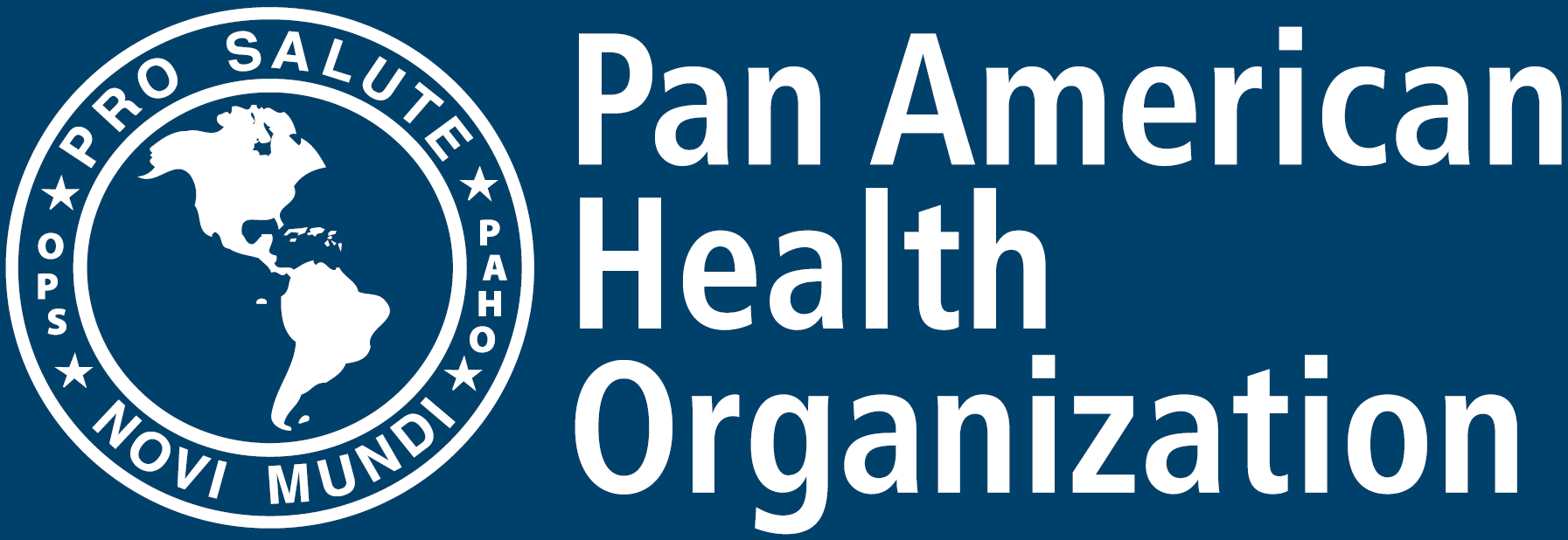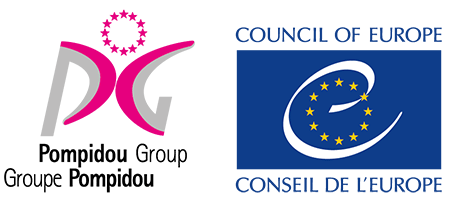The provision of technical support to interested countries to assist in their efforts to improve the quality of substance use disorder (SUD) systems and treatment, as well as their Quality Assurance (QA) and evaluation efforts of their SUD treatment services.
There are two initiatives to support quality in SUD treatment to provide evidence-based quality treatment and strengthen quality assurance agencies.
- PIQAT: Program for International Quality Assurance in Treatment
PIQAT is a QA project providing technical support to countries to develop or strengthen the treatment system for people with substance use disorders and to offer quality treatment services that are evidence-based and in line with international standards.
It is offered by, and supported through projects with three international organizations, namely Colombo Plan, OAS/CICAD and UNODC.
Its purpose is to assess countries’ adherence to and compliance with international standards that are based on science and ethical principles and to support countries in sustaining their quality treatment improvement efforts.
Technical support is provided by PIQAT to interested countries with the support of the three international organizations.
Though the approach to the quality assurance assessment is standardized, it is tailored to the interest expressed by a country and utilizes an agreed-to set of 13 steps to assess the system and the services in a country.
- ICQ: International Consortium on Quality in Substance Use Disorders Treatment
ICQ is an initiative of The Colombo Plan. Its mission is to provide global leadership and a hub for organizations interested in promoting and improving the quality of substance use disorders treatment system and services to ensure the best positive outcomes for people who use substances.
ICQ was created to work with three stakeholder groups (QA agencies, treatment providers and patients, family and caregivers) to ensure that SUD services are in line with international standards for the treatment of substance use disorders through:
- peer led mechanisms to support quality and quality improvement efforts at the system level and service level,
- training on quality and quality assurance mechanisms to support quality in treatment, and
- technical support to support countries Quality Assurance Organizations (includes accreditation bodies, inspectors, regulators) to obtain the international Quality Seal award for their QA evaluation efforts.
Strengthening quality in SUD treatment involves evidence-based treatment and a good quality assurance body or agency to ensure and sustain good treatment. To achieve this, a two-pronged approach has been utilized.
PIQAT initiative
- Periodic working meetings during 2022 and 2023 for the design, coordination, and monitoring of the Program between INL, UNODC, OAS/CICAD, and Colombo Plan.
- Program design through the development of 13 key steps that organize the implementation of PIQAT in the countries.
- Compilation and adaptation of instruments, guides, and forms that make up the toolkit for the 13 steps of PIQAT.
- Conducting an international Training of Trainers (ToT) for the application of quality standards for treatment systems.
- Presentation of PIQAT at various international forums such as ISSUP Argentina, May 2023; OAS/CICAD Group of Experts, Panama 2023; Latin American Seminar on Training and Technology Transfer, Colombo Plan Chile, January 2023.
ICQ Initiative:
ICQ formed its ICQ QA Advisory Board in 2022-23 with membership from five QA organizations, four QA experts and the three international organizations.
This group developed:
Standards for QA organizations to obtain international recognition for their QA efforts in SUD through a Quality Seal award. This set of standards forms the application form for quality assurance departments and agencies interested in obtaining the Quality Seal.
A guidance document to assist in the completion of the application form for a Quality Seal Award.
The Quality Seal Certificate and process for obtaining and maintaining the Quality Seal.
The ICQ QA Advisory Board reviewed and evaluated application forms from five QA organizations: to date three Quality Assurance Organizations have obtained the ICQ Quality Seal – one in the United Kingdom, two in the U.S., and two other QA organizations in process.
Benefits of obtaining the ICQ Quality Seal are:
- Provides international recognition of quality in SUD treatment and promotes credibility and transparency.
- Validates an organization's quality of SUD services.
- Demonstrates an organization’s commitment to comply with international standards and best practices.
- Provides a level of assurance that people with SUD are receiving treatment in line with international quality standards.
- Promotes continuous quality improvement and patient safety and wellbeing.
Those QA organizations with a quality seal award will provide the names of treatment providers who achieved a successful evaluation/accreditation from them. This group of accredited treatment providers will form the second stakeholder group to help other treatment providers improve quality in their services in line with international guidance.
The program activities focus on supporting countries in two interdependent ways: their efforts to improve the quality of SUD systems and treatment as well as their Quality Assurance and evaluation efforts of their SUD treatment services. This includes:
PIQAT initiative
PIQAT will provide technical support to countries to plan a quality treatment system and for people with substance use disorders and to offer quality treatment services that are evidence-based and in line with international standards.
The PIQAT activities are structured in 3 phases:
Phase 1: Agree and Create Team
- Meetings with national and/or local governments to present and raise awareness regarding the Program.
- Establish the country's commitment to participate in PIQAT.
- Formation of a quality assurance work team.
Phase 2: Assess the system and develop System and Services Action Plans
- Meetings for systems analysis at national and subnational (provincial/state) levels.
- Workshop for the application of system quality standards.
- Design of System Action Plan.
- Train network managers in the implementation of System Action Plans.
- Design a Service Action Plan.
- Adapt key quality standards for treatment services.
- Train in the application of Service Quality Standards.
- Train in the implementation of Service Action Plans.
Phase 3: Develop, test, integrate, and maintain Quality Assurance
- Through different implementation cycles, the treatment services identified in the country are evaluated, improvement plans are developed and applied, and accreditations are issued.
- Implementation and monitoring of System Action Plan.
The activities defined in each phase will be carried out through in-person and virtual training and technical assistance, as well as working meetings and review of technical documents.
ICQ Initiative:
ICQ will provide technical support to the respective country’s Quality Assurance Bodies or Agencies (includes accreditation bodies, health care services inspectors, regulators) to obtain the international Quality Seal award for their QA evaluation efforts in line with international standards and guidance.
The ICQ activities are structured as follows:
Phase 1: Agree and create a team
- Establish the Country’s QA agency’s commitment to participate in ICQ Quality Seal Award process.
- Form a QA work team with country’s QA body and ICQ’s QA expert consultants.
Phase 2:
- Undertake training on the nine Standards to be met to obtain the Quality Seal Award.
- Complete a self-assessment form pertaining to the set of standards to be met to obtain the Quality Seal Award to establish a baseline.
- Assess degree of compliance with the standards and develop an action plan to achieve compliance.
Phase 3:
- Complete the application form to obtain the Quality Seal Award.
Strengthens the quality of SUD treatment globally by promoting continuous quality improvement and best practices in SUD systems and services. Ultimately, this will increase the health and wellbeing for people with substance use disorders, their families, and caregivers and their communities and decrease the global burden of untreated SUD.
Enhances global efforts to identify and address gaps in the quality of SUD services.
Promotes benchmarks and tools for measuring quality and strengthening patient safety efforts through international standards, guidelines, and best practices.
Provides an opportunity for learning from one another and coordinating international initiatives focused on quality and quality improvement.
Through these initiatives, a country will develop quality SUD systems and services supported through ongoing QA efforts that evaluate quality treatment to ensure compliance with international standards and guidance. Ultimately, this will lead to better health and wellness for people with substance use disorders, their families and caregivers and their communities; increase productivity and decrease the economic burden of untreated SUD.
Specifically, these initiatives:
Provide an opportunity and access to ongoing technical assistance offered through PIQAT and ICQ to countries to improve SUD systems and services using international standards and guidance.
Help countries to achieve and report on their progress in meeting the UN Sustainable Development Goals (SDG).
Assist countries to comply with international resolutions (UNODC).
Contribute to the development of quality assurance activities in countries to improve and sustain the quality of their SUD treatment systems and services.
Supports a country’s efforts to obtain the ICQ Quality Seal and, in so doing:
- Provides international recognition of quality in SUD treatment and promotes credibility and transparency.
- Validates an organization's quality of SUD services.
Guide access to training, mentoring opportunities, technical assistance, and other resources associated with continuous quality improvement of SUD systems and treatment.
Provides a space for ongoing learning and the exchange and dissemination of quality assurance tools and practices.
Current State Participant
For PIQAT: Panama and Ecuador.
For ICQ: five QA organizations have committed to this work and have either obtained the Quality Seal Award (3) or are in the process of obtaining it (2).
These fives QA organization represent: Chile, Pakistan, United Kingdom, and U.S. (two)
PIQAT: Rodrigo Portilla, Project Manager- Manager-Latin America and Caribbean Training Dissemination, rodrigo [dot] portilla [at] colombo-plan [dot] org (rodrigo[dot]portilla[at]colombo-plan[dot]org)
ICQ: Rita Notarandrea, Global Lead, ICQ, an initiative of the Colombo Plan, RitaNotar [at] gmail [dot] com (RitaNotar[at]gmail[dot]com)
PIQAT Latin America: Jose Luis, Drug Demand Reduction Specialist, CICAD, jvazquez [at] oas [dot] org (jvazquez[at]oas[dot]org)
Anja Busse, UNODC Programme Officer – anja [dot] busse [at] un [dot] org (anja[dot]busse[at]un[dot]org)




